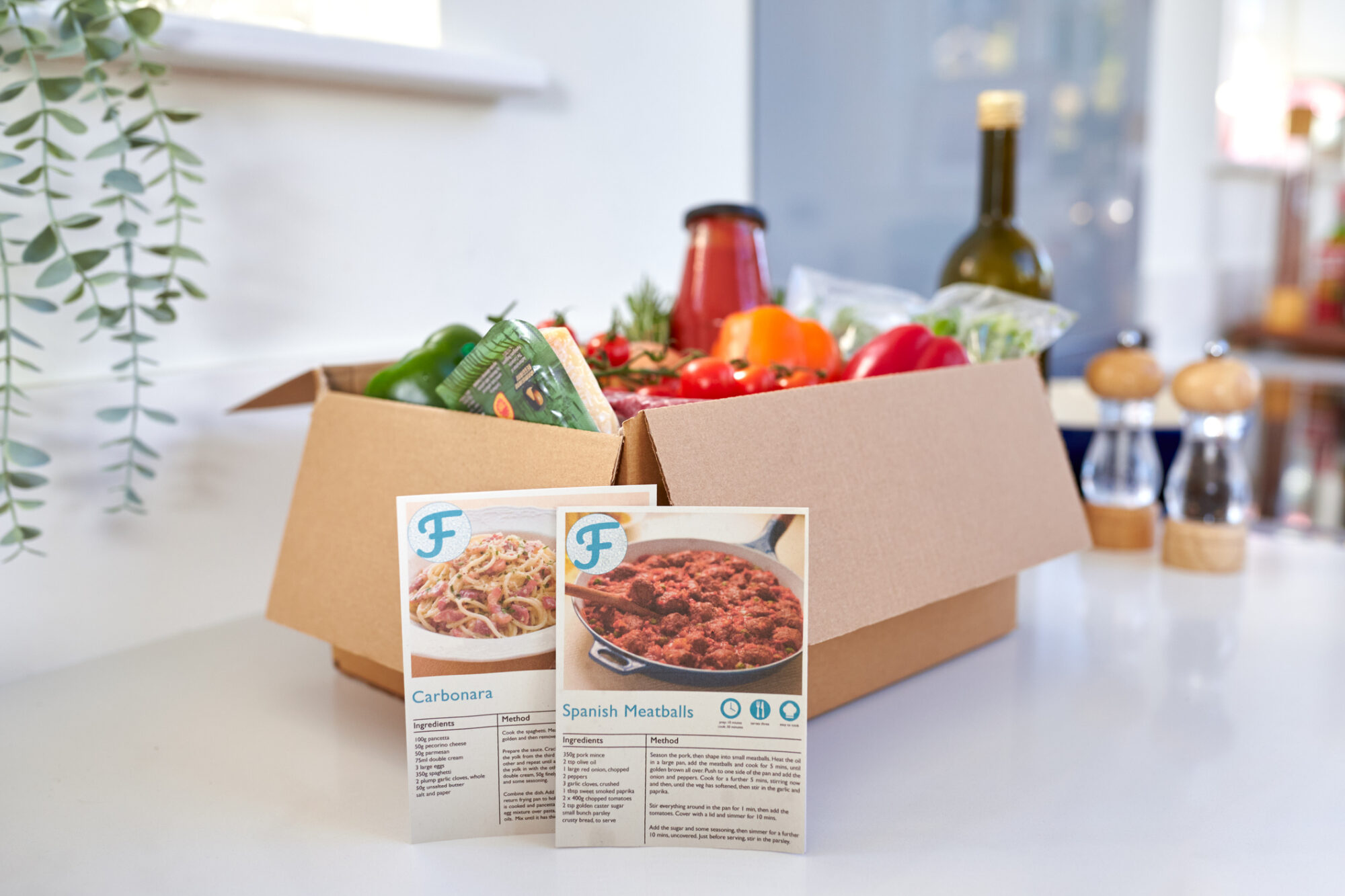Insights Article

Meal kits have shifted from being a lockdown novelty to a mainstay in many modern households. Whether it’s a speedy dinner from HelloFresh, plant-rich menus from Green Chef, or family-friendly recipes from Gousto, the market is continuing to grow – and consumer needs are evolving with it.
But who’s buying these boxes, and what can the success of meal kits teach us about segmentation, targeting, and meeting changing expectations?
The rise of the meal kit market
The global meal kit delivery market was valued at $20.54 billion in 2023 and is projected to grow at a compound annual growth rate (CAGR) of 15.3% from 2024 to 2030. In the UK, market leader HelloFresh had almost 7 million active customers globally in 2024, with the UK being one of its strongest markets.
Other providers such as Gousto and Mindful Chef have also seen strong post-pandemic growth, showing this isn’t just a convenience fad, it’s a behavioural shift.
From mass appeal to micro-audiences
Early adopters of meal kits were typically young professionals in urban areas, attracted by novelty and convenience. But brands have since diversified their offering to meet the needs of multiple audience types:
- Health-conscious millennials, who value low-carb, vegan or macro-balanced options – a space occupied by brands like Mindful Chef
- Busy families, looking for fuss-free, family-approved meals and time-saving formats (e.g. Gousto’s “10-min” recipes and Family Box range)
- Eco-conscious consumers, prioritising sustainable sourcing, lower emissions, and recyclable packaging – where Green Chef positions itself
- Older consumers, often looking for inspiration, simplicity, or to avoid large supermarket shops – a less targeted, but growing, cohort
Green Chef has emerged as a key player in the sustainability and plant-rich space, highlighting how newer brands can differentiate through values as much as product.
Convenience still reigns – but values now matter too
At its core, the appeal of meal kits remains simple: no planning, no waste, no hassle. But as the category has matured, so too have customer expectations. Today’s consumers aren’t just looking for ease – they want brands that reflect their values.
According to Mintel’s UK Sustainability in Food Market Report 2025, 46% of UK adults consider sustainability a deciding factor in food choices. Among under-35s, that figure rises to 63%, highlighting how Gen Z and younger millennials are leading the shift towards values-led decision-making.
This presents both a challenge and an opportunity. Brands can no longer rely on convenience alone – they must clearly communicate how they source ingredients, reduce waste, and support sustainable practices. Providers like Green Chef have leaned into this shift, using sustainability credentials not just as a side note, but as a core part of their proposition and brand story.
For meal kit brands – and indeed any brand in the food and drink space – this trend underscores the importance of segmentation. Values are no longer niche. They are mainstream motivators for purchase. Knowing which segments care about sustainability, how they interpret it, and how best to communicate it, is now central to maintaining relevance and loyalty.
What it teaches us about segmentation
Meal kit brands have succeeded by thinking beyond basic demographics. They’ve tapped into needs-based segmentation; understanding that what motivates a young parent is very different to a fitness-focused 28 year old or a 60 year old retiree.
And they’ve gone further by aligning product, messaging, and customer journey accordingly. From family bundles to recipe personalisation, brands like Gousto have used segmentation to shape both proposition and positioning – demonstrating how segmentation can be used not just as a research exercise, but a commercial strategy.
Final thoughts
The meal kit market shows no signs of cooling off. But the interesting part really lies in how these brands are segmenting their audiences, staying relevant, and evolving their offer accordingly. For businesses operating in any sector, this really highlights how it’s always worth understanding exactly what drives your target audience.
If you’re interested in learning more about segmentation or any our other research services, contact us today for a chat.
Want these kinds of results?
We’d love to talk with you about how our insights could help your business grow. Drop us an email at hello@clusters.uk.com or call us on +44 (0)20 7842 6830.